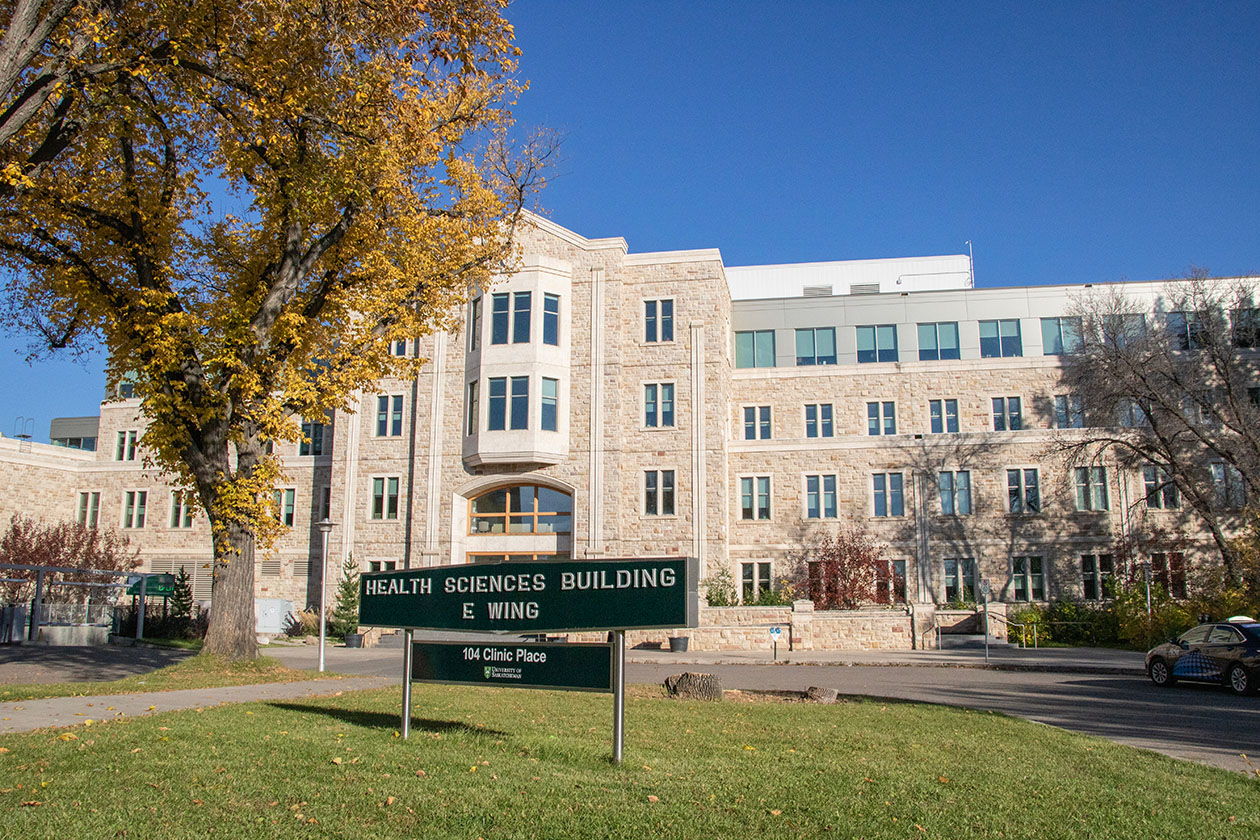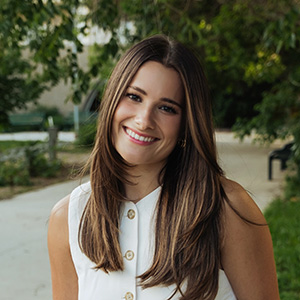
The Cochrane lab at The University of Saskatchewan aims to advance perinatal nutrition practices in the first 1000 days of life. With specialized training and expertise in maternal and infant nutrition, the Cochrane lab uses clinical trials and epidemiological methods to understand how modifiable factors such as nutrition impact pregnancy, birth outcomes, and the nutritional and bioactive components of human milk.
We are interested in how perinatal nutrition and human milk composition influence maternal health, neonatal development, and long-term child health. Ultimately, our work aims to inform public policy and programming to improve perinatal nutrition standards, breastfeeding equity, and human milk access for all babies.
Our Team

Dr. Kelsey M Cochrane, PhD, RD
Assistant Professor, Division of Nutrition, College of Pharmacy and Nutrition, The University of Saskatchewan- PhD, Human Nutrition, 2018-2023 (University of British Columbia)
- BSc, Nutrition, 2010-2013 (University of Saskatchewan)
Dr. Cochrane is an Assistant Professor in Nutrition and Registered Dietitian. Her research program centers around maternal and infant nutrition, and leveraging its power to promote long term health for this generation and the next. She is passionate about improving breastfeeding rates and access to human milk, as this is one of the highest impact strategies to save lives and improve population-wide health. Dr. Cochrane completed her PhD at the University of British Columbia supported by a CIHR CGS-Doctoral award, focusing on clinical trials, micronutrients, human milk, and developmental origins of health and disease. In recognition of her research impact, Dr. Cochrane was awarded the 2024 Canadian Nutrition Society PhD Dissertation Award for Outstanding Contribution to the Degree of PhD.

Chloe Langen, MSc student, Nutrition
Chloe Langen is a Master of Science student in the College of Pharmacy and Nutrition (Nutrition Division) at the University of Saskatchewan, conducting research under the supervision of Dr. Kelsey Cochrane. Her research focuses on the feasibility of using pasteurized donor human milk as a top up to infant formula for HIV-exposed infants. With an undergraduate degree in psychology and a passion for maternal and infant health, Chloe aims to expand infant feeding options and increase access to donor breastmilk for vulnerable populations. She is dedicated to promoting wellness and health equity through this research study.

Claire Niessen, Nutrition and Dietetics, Undergraduate student
I am a nutrition student here at the University of Saskatchewan. Before nutrition, I received my BSc in biology from the University of Regina. In my free time, I love cooking, baking, trying a new restaurant with my husband, enjoying nature, fitness, and many different creative outlets. My latest creative adventures are learning digital photography and photo editing. Research project in the Cochrane lab: Does provision of prenatal milk expression kits improved breastfeeding rates and birth outcomes? A retrospective case-control chart review.

Karlee Schoff, MSc student, Nutrition
Karlee Schoff is a Master of Science (MSc) in Nutrition student and Registered Dietitian (RD). Her MSc is in the College of Pharmacy and Nutrition at the University of Saskatchewan under the supervision of Dr. Kelsey Cochrane. Karlee’s pilot research study focuses on the composition of antenatal vs postnatal colostrum. Specifically, her research aims to provide proof of concept for recruiting breastfeeding research for future studies and to explore differences in the immunological properties in antenatal vs postnatal colostrum. As a RD, Karlee has a strong commitment to the advancement of nutrition care and a passion for pursuing further education and research in prenatal and perinatal nutrition.
We're recruiting PHD students!
Project title
PREFACE: PREconception Folic Acid Clinical Efficacy trial
Principal Investigators
-
Dr. Crystal Karakochuk, PhD, RD
Associate Professor, Canada Research Chair (Tier 2) in Micronutrients and Human Health
Faculty of Land and Food Systems, Food, Nutrition, and Health
University of British Columbia, Vancouver, British Columbia -
Dr. Kelsey Cochrane, PhD, RD
Assistant Professor
College of Pharmacy and Nutrition, Division of Nutrition
University of Saskatchewan, Saskatoon, Saskatchewan
Project Summary & Aims
Folic acid supplementation is recommended from preconception until the end of lactation. However, another form of supplemental folate, 5-MTHF, is also approved by Health Canada and is increasingly being used by those who are pregnant and trying to conceive. It is unclear whether these folate forms should be considered interchangeable, as they have different chemical structures and are metabolized differently. To address this gap, we are conducting a multisite clinical trial in Vancouver, BC, and Saskatoon, SK. Individuals who are trying to become pregnant will be randomized to supplementation with folic acid or 5-MTHF; supplementation will continue until ~1 month postpartum. Our aim is to ensure that supplementation with 5-MTHF is as effective as folic acid in increasing maternal blood folate concentrations throughout pregnancy, and we will evaluate outcomes related to fetal growth and human milk folate composition. Our results will help to confirm the safety and effectiveness of prenatal supplements containing 5-MTHF. This study is funded by the Canadian Institutes of Health Research (2023 Fall Project Grant). This study is funded by the Canadian Institutes of Health Research (2023 Fall Project Grant).
We are recruiting for two PhD positions: One PhD student will be based at the University of British Columbia, and one will be based at the University of Saskatchewan.
Skills & Qualifications
- Knowledge related to perinatal nutrition, folate/B-vitamins, one carbon metabolism, pregnancy physiology, fetal growth, and/or human milk
- Clinical trial experience, as evidenced by relevant academic training and scholarly outputs (e.g., peer-reviewed publications)
- Strong organizational and time management skills
- Ability to work independently, find creative solutions, and meet deadlines
- Excellent written (lay and scientific) and verbal communication skills
Financial Support
This is a fully funded position; PhD students will also be expected to apply for internal and external scholarships.
How to Apply
- Please send your CV including information about your previous academic degrees, peer-reviewed publications, courses completed, and abstracts from scientific conferences.
- If applicable, please send proof of English proficiency.
- The search is ongoing as of Feb 2025, and will continue until candidates are selected
Submit your application to Drs. Karakochuk and Cochrane: Crystal.karakochuk@ubc.ca and Kelsey.cochrane@usask.ca; please use the following subject title: PhD PREFACE.
In your e-mail, please indicate whether you have a preference of being based in Vancouver, BC, or Saskatoon, SK, or whether you are open to either location.
We thank all applicants for their interest; only those candidates selected for an interview will be contacted.
Additional Information
All qualified candidates are encouraged to apply; however, in accordance with Canadian immigration requirements, Canadian citizens and permanent residents will be given priority. We are committed to providing accommodations to those with a disability or medical necessity. If you require an accommodation to participate in the recruitment process, please notify us and we will work together on the accommodation.
Download PDF posting: here.
Learn about the University of Saskatchewan
The University of Saskatchewan (USask) is a world leader in water and food security, vaccine development and infectious disease, and human, animal, and environmental health, and a member of the U15 Group of Canadian research-intensive universities.
USask is located centrally in Saskatoon, SK, on Treaty 6 Territory and the Homeland of the Métis. We pay our respects to the First Nations and Métis ancestors and reaffirm our relationship with one another.